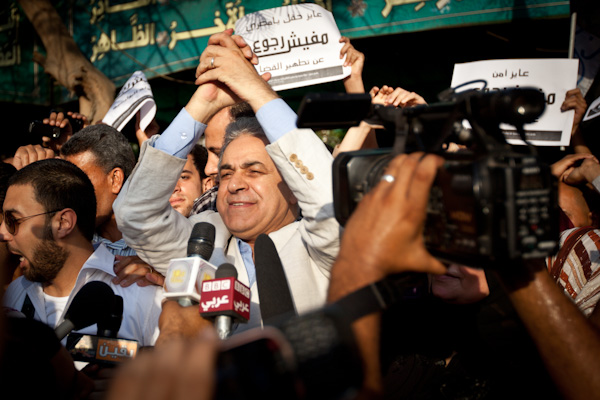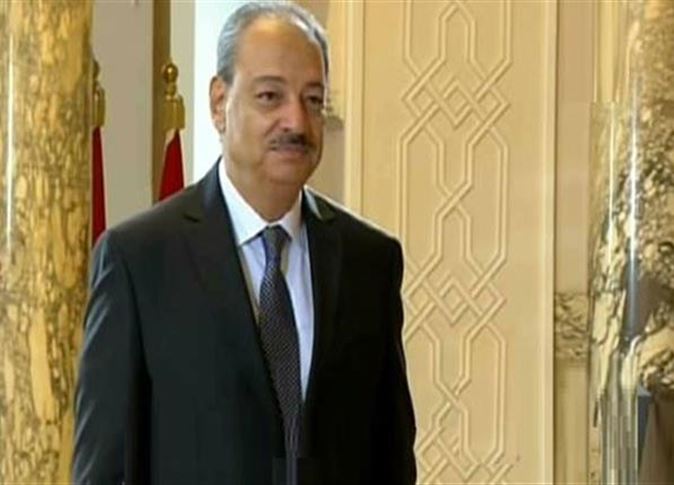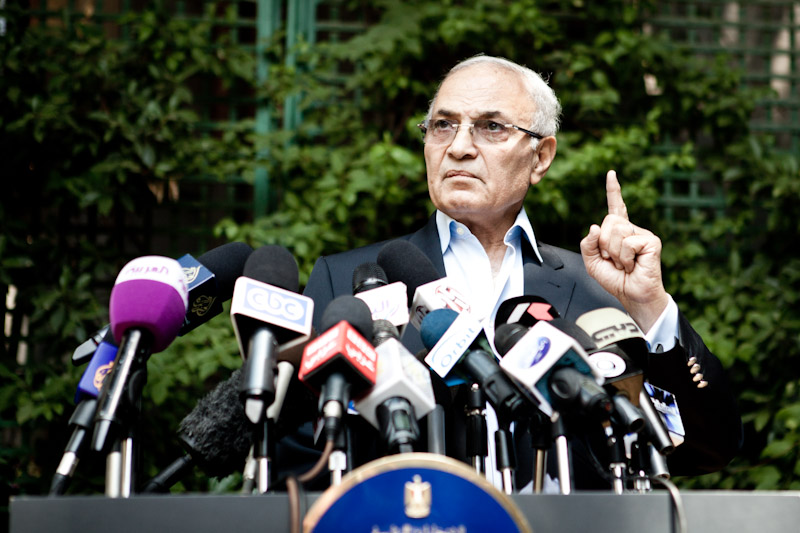
The Popular Current, whose launch was led by the campaign of former presidential hopeful Hamdeen Sabbahi, is the latest addition to the Egyptian political scene.
Sabbahi, who has repeatedly slammed what he calls the "Brotherhoodization" of the state, called for establishing an inclusive coalition to face the Brotherhood in the upcoming parliamentary and municipal elections.
A call by other secular forces to form a “Third Current” preceded Sabbahi's move. The Third Current included parties like the Socialist Popular Alliance Party, the Free Egyptians Party, the Egyptian Social Democratic Party and the Tagammu Party.
Negotiations are still ongoing among all involved political parties for a possible merger between the Popular and Third Currents to avoid any fragmentation in the face of highly organized Islamist groups.
Mohamed El-Baradei's Al-Dostour Party has denied any possible merger with other political alliances, but a member of the Popular Current's media committee, Emad Hamdy, told Egypt Independent that negotiations with Al-Dostour were underway.
"We are aiming to establish an electoral alliance that is also a sustainable political front,” Hamdy said.
The current has published a general statement of principles, including social justice, a democratic, secular state and an independent foreign policy. However, there is no detailed electoral program.
Secular forces have long been criticized for their inability to connect with the masses in the manner of Islamist parties.
But hopes are high in the Popular Current, especially after Sabbahi's surprise third place finish in the first round of the presidential race.
Capitalizing on Sabbahi’s populist rhetoric, the Popular Current is primarily focusing on the farmers and working classes of Cairo, Alexandria, and the Delta. Sabbahi won the most votes in many poor urban areas in May and took second place in parts of the Delta.
"Sabbahi is touring the country to speak for the current's mission and vision for Egypt," Hamdy said.
Challenges ahead
Yet, observers say, the current cannot rely too much on Sabbahi's previous success.
Omar Ashour, a visiting fellow at the Doha Brookings Institute, said that the mobilization of hundreds of candidates in parliamentary elections usually requires more political and electoral sophistication than a presidential election, which can rely on the popular impression of a single personality.
“I doubt that the Popular Current will have a strong machine,” he said, adding that in parliamentary elections, the need for local support in districts and villages is much higher.
In parliamentary elections, voters think more of personal and tribal connections than the electoral programs or ideologies of the candidates, according to Mazen Hassan, professor of political science at Cairo University.
Furthermore, fierce anti-Islamist rhetoric may not be beneficial. The polarizing discourse of the Egyptian Bloc in the previous parliamentary elections secured only nine percent of votes.
“If the current mobilizes on the enemy's turf, without a unifying political platform, against an enemy who is not doing that badly, this will affect the current’s results,” Ashour argues.
Hamdy said that the current will assume a totally different policy posture than the Egyptian Bloc, in that it has a strong leftist inclination.
Ashour argues that Morsy's visits to China and Iran, his judicial reforms, and the ouster of top generals has augmented his popularity.
But, Morsy has to face serious concerns regarding economic turmoil, deteriorating public services, and the issues of his 100-days program such as bread, security, and traffic.
"Foreign policy usually does not affect voters' decisions. Voters decide based on things that directly affect their life, which Morsy hasn't changed," Hassan said. "The current needs to shift away from religious polarization and focus more on socioeconomic concerns."



